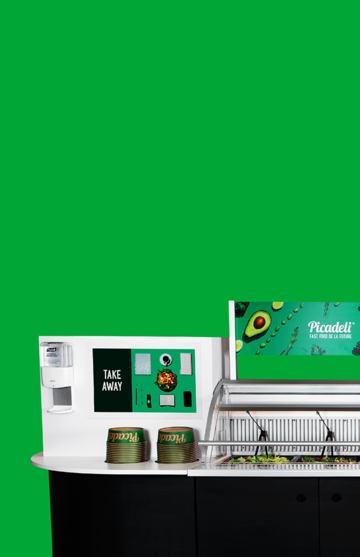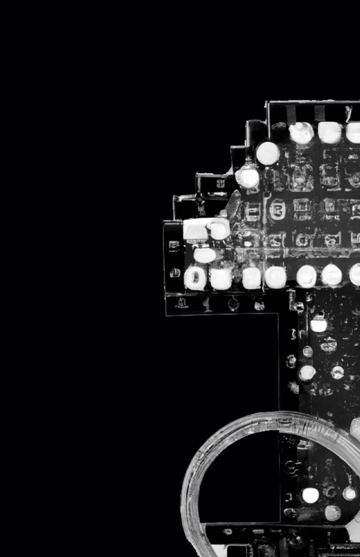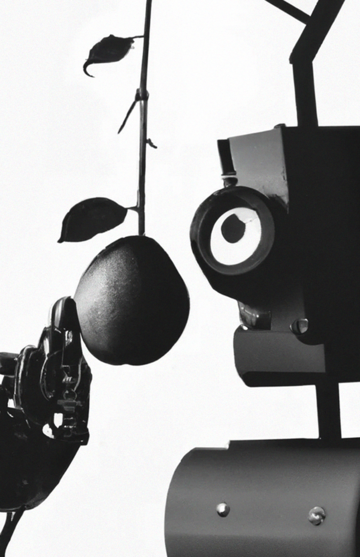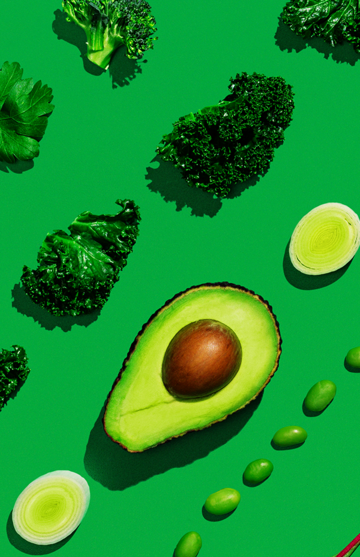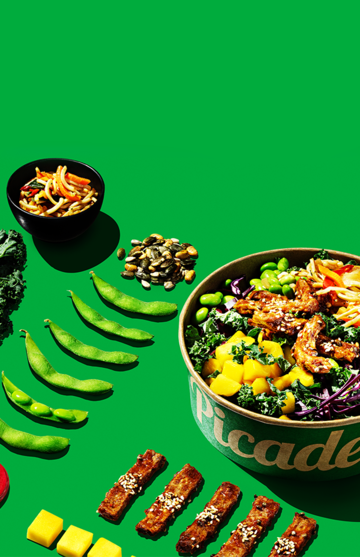
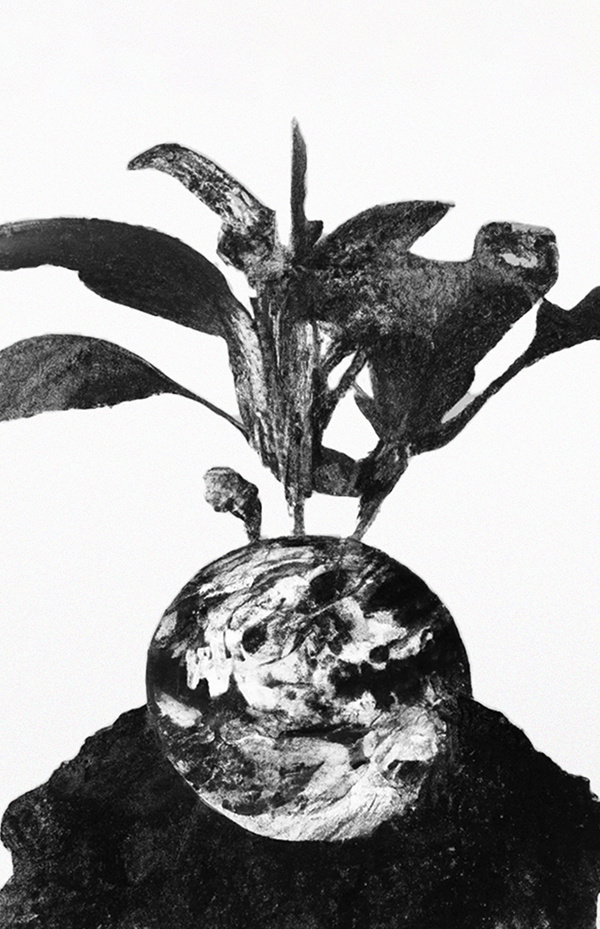
Minimizing food waste through collabs and innovation
Every year more than 30 percent of all food produced is thrown out, an enormous waste of not only the food itself, but also the energy and resources that have gone into producing it. Food waste also has a severely negative impact on our climate, not only because of the resources wasted, but also as it often ends up in landfills. It’s estimated that 7% of greenhouse gases produced globally, are the result of preventable food waste.
At Greenfood, we’ve taken a firm stand against food waste, and internally we work with a wide number of initiatives to minimize waste throughout the entire food chain.
At Greenfood, we’ve decided that food loss and waste is among the least favorite things we know. Every year, throughout the whole production chain in the food industry, a third of the food – that’s some 2.5 billion tons – is lost or thrown away. In money terms, that’s a worth of some $230 billion. It all means that not only perfectly usable and edible material ends up in the trash, but also that a lot of energy is wasted. Food production amounts to some 20–30 percent of global climate emissions, and a huge part of those emissions are, well, just wasted.
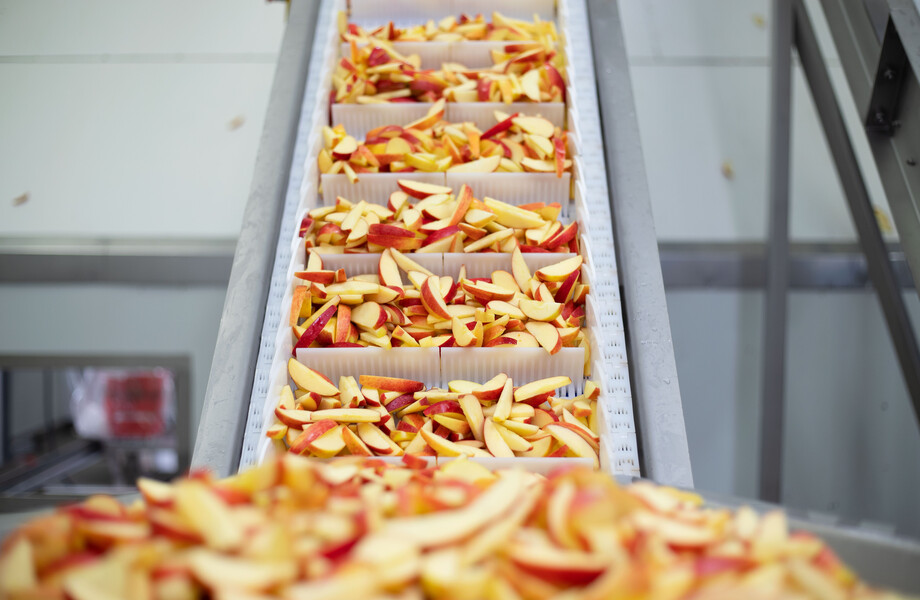
A systematic approach
So, what can we do? For us at Greenfood, the answer is: all we can.
We’re in the business Green Convenience – healthy, sustainable, and convenient food – which means that, among other things, we supply our customers with ready-to-go, pre-chopped products. This, in turn, means that we’re tasked with taking care of the things that don’t go directly into the products. The melon rinds, the apple cores, and the broccoli stems.
“In our efforts to be better, we’ve been working systematically for years to reduce food waste in the food chain”
This means using new, innovative AI solutions, exploring new packaging solutions that extend product shelf life, and maximizing the ways we can use the raw material.
Follow the pyramid
Our work with minimizing food waste is based on the 'Food Waste Pyramid' which provides guidance on how to optimize our use of resources. First and foremost, this means that, in our own production, we identify food at risk of being thrown away early in the product development process. This is either given new life or is redistributed.
Excess food can also be used as feed or biogas, and – barring that – it gets composted or burned for energy extraction.
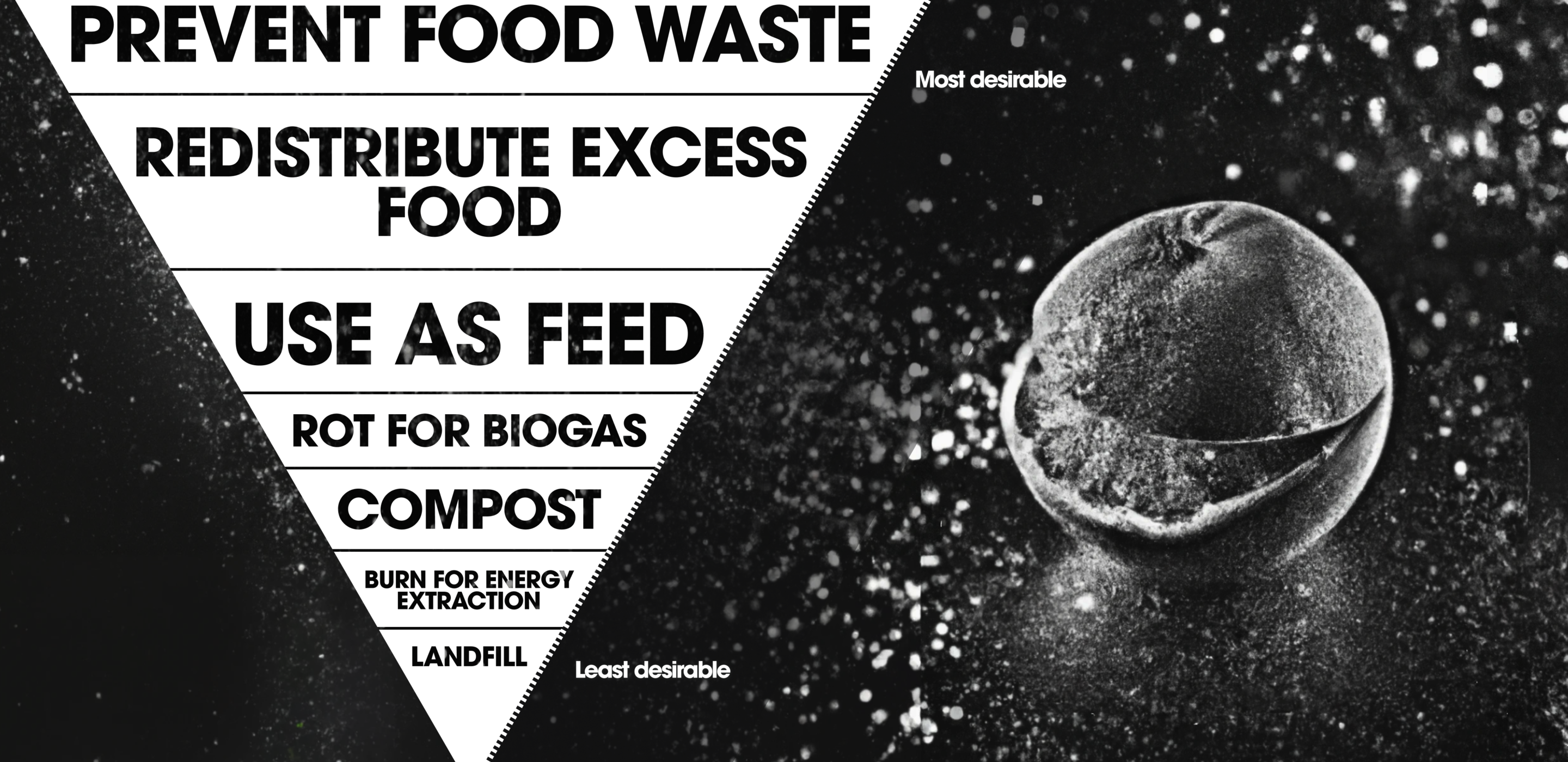
Applying the pyramid thinking means that every part of our organization shares the same holistic mindset, and that we apply the pyramid approach in every detail, for example between different parts such as purchasing and production.
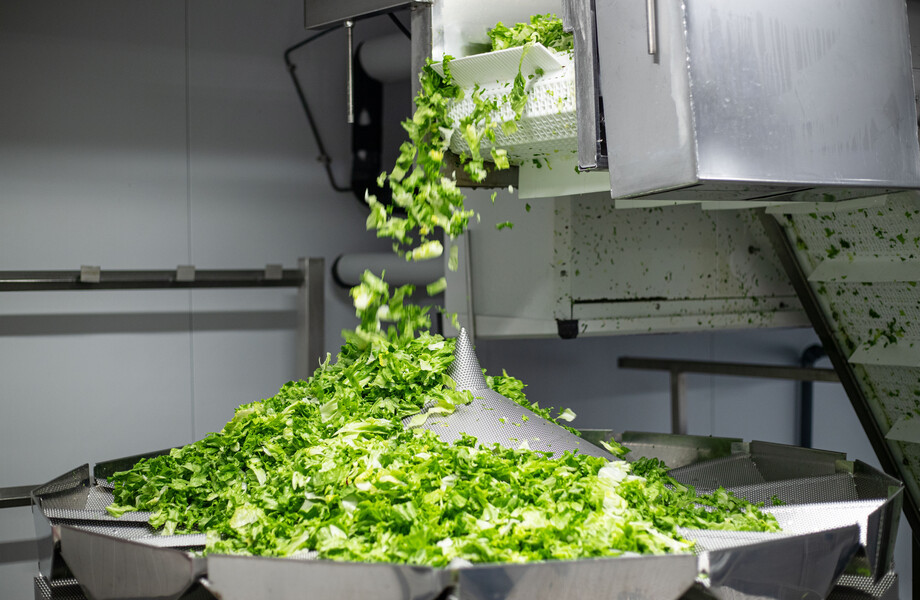
Circular thinking
We focus on circular and sustainable product development, which in layman terms means that we maximize the use of raw materials. We work continuously with identifying parts of the raw materials that can find new life in other costumes. We do what we can to prevent food waste and loss and find new use for it. As an example, the unwanted and unloved ends of a tomato that usually gets binned, gets chopped up, pickled, and transforms into Pico de Gallo – an excellent member of our salad bar offer.
Circular is the way to go, or, as our own brilliant head of sustainability, Lisa Isaksson says:
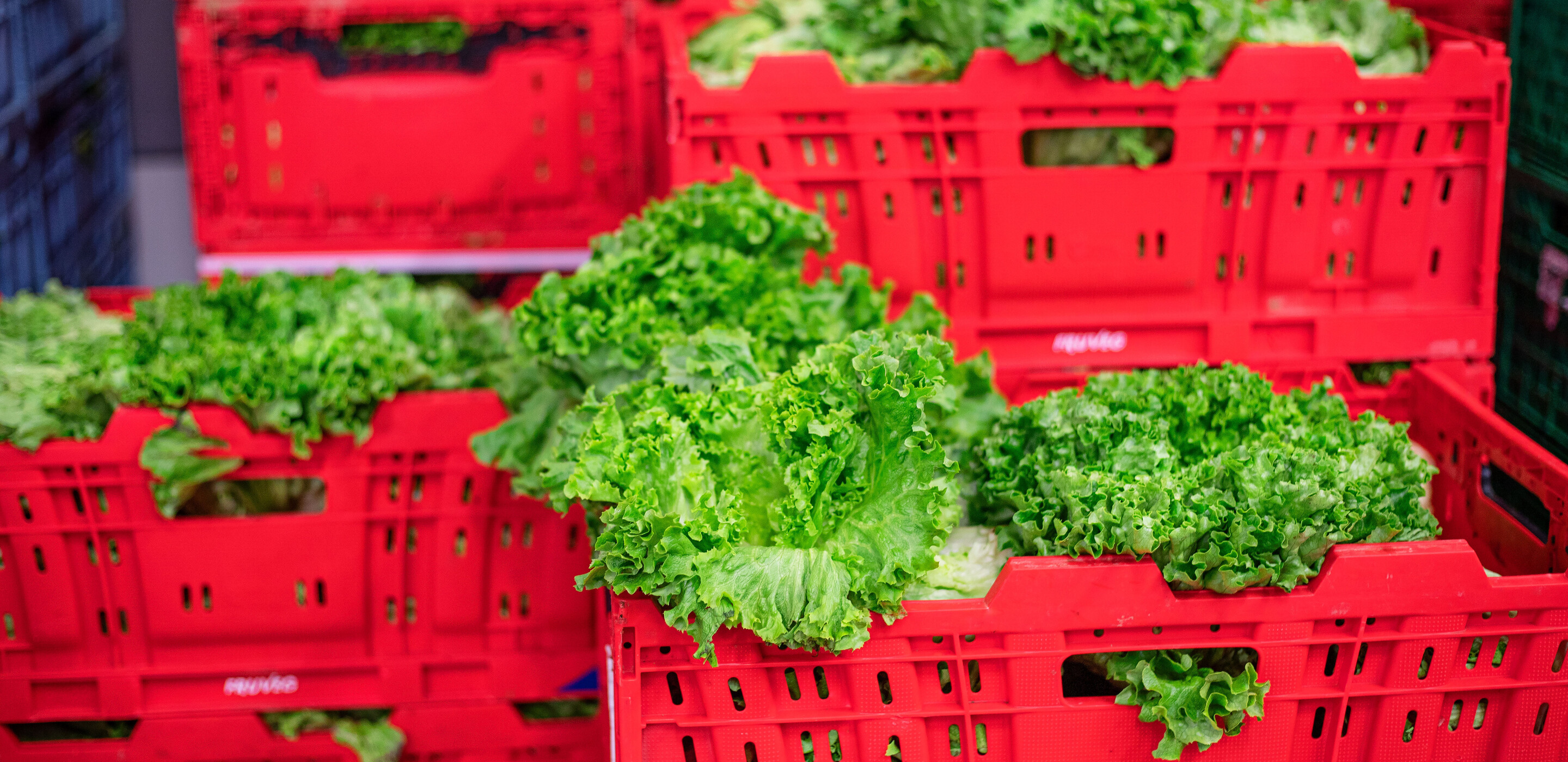
“We continuously strive to identify parts of our raw material that is under the risk of being thrown away. For example, broccoli stalks can make a fantastic salad ingredient. And a discarded apple core can be used to make sweet juices and smoothies, as we’ve proven through our collaboration with Rescued.”
Using state-of-the-art tech solutions
In our own production, we employ the latest tech solutions (and yes, that means AI) to calculate order volumes down to the smallest of details and match supply with demands.
We’ve also equipped our new 44,000 m2 facility in Helsingborg, Sweden, with robotic solutions for palletizing, carton handling, and packing of our products – all to make handling as energy- and resource efficient as possible.
Tech solutions also helps us monitor or range and constantly review it. Factors such as low-volume products, seasonal changes, or other environmental factors can generate increased food waste, and by analyzing our range, we are able to identify these products so that we can take action. And unsold food is always donated to charity.
Collaborating to improve
Rescued, yes. That’s one of our many initiatives. Rscued Fruits are first-class juice makers and, together with our subsidiary Salico, they’ve vowed to make use of fruit that otherwise would’ve been binned.
Since March of 2022, we’re also proud members of SAMS, a national body of Swedish produce and foodstuff players, with a clear ambition to minimize food loss and waste throughout the entire value chain. Because collaboration is needed to improve.
“Our expectations are that it can lead to reduced food loss and waste on a greater scale,”says Lisa Isaksson. “Through SAMS and member cooperation we can explore and find joint solutions that we can pass on to other parties in our business.”
In summation, we’re constantly working, in every way that we can, to be better. Through the use of technology, cooperation, and by finding new and better ways. To find a feasible balance. To throw away as little as possible. To stop the waste.

